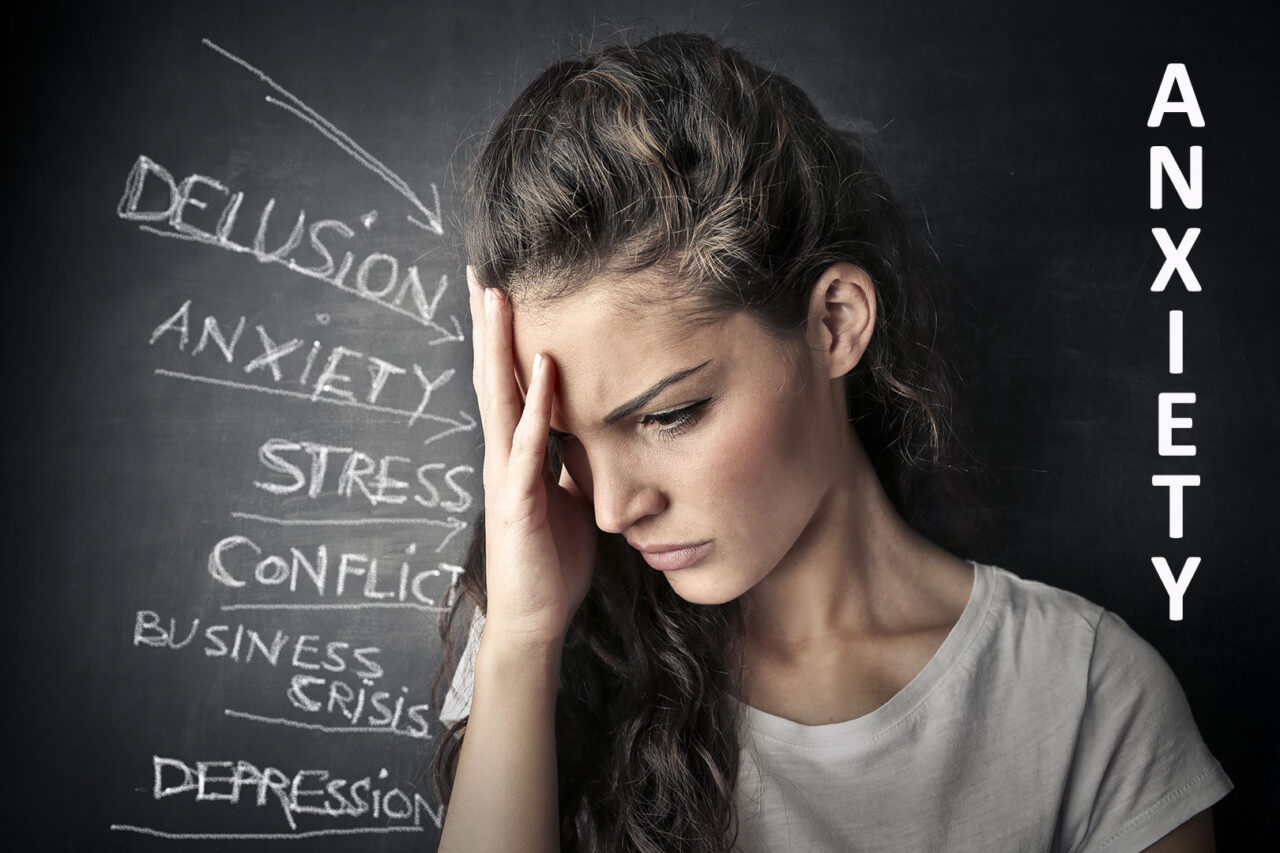
While Stress and Anxiety can often coexist and share similar symptoms, understanding their differences can help in recognizing and managing them effectively.
Stress
Stress is a natural reaction to external pressures, demands, or challenges. It is a response to specific events or situations, often referred to as stressors. Stress can be triggered by both positive and negative events, such as work deadlines, relationship issues, financial problems, or major life changes. Some symptoms of stress include:
-
- Stress is usually temporary and subsides once the stressor is removed or the situation is resolved.
- Stress tends to be triggered by specific circumstances or events in the external environment.
- Stress can manifest as physical symptoms (e.g., tension, headaches, digestive issues) as well as emotional symptoms (e.g., irritability, restlessness, difficulty concentrating).
Anxiety
Anxiety, on the other hand, is a general feeling of unease, fear, or apprehension that is not always tied to a specific event or stressor. It is often characterized by excessive worry and anticipation of future threats, even when there is no imminent danger. Anxiety can be a normal response to certain situations, such as before a significant exam or a public speaking engagement. However, when anxiety becomes persistent, intense, and interferes with daily functioning, it may be classified as an anxiety disorder. Some symtoms of anxiety include:
-
-
- Anxiety tends to be persistent and generalized, lingering beyond specific stressors or events.
- Anxiety is often triggered by internal thoughts, perceptions, or interpretations rather than external events alone.
- Anxiety involves excessive and irrational worry about future uncertainties, often accompanied by a sense of impending doom or danger.
- Anxiety can lead to physical symptoms (e.g., rapid heartbeat, shortness of breath, muscle tension) as well as emotional symptoms (e.g., excessive fear, irritability, difficulty sleeping).
-
It’s important to note that stress and anxiety can influence each other. Prolonged or chronic stress can contribute to the development of anxiety disorders, and anxiety can exacerbate stress reactions. Both stress and anxiety can have significant impacts on one’s mental and physical well-being, so seeking support from healthcare professionals or employing stress management techniques can be beneficial in managing these experiences.
Talk to a professional: bcsnygroup.com/appointments

